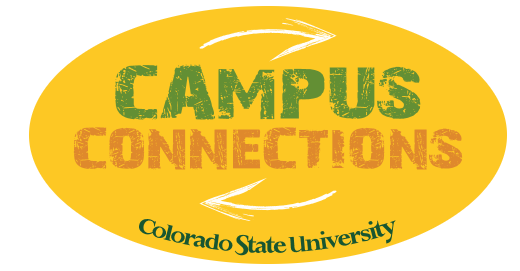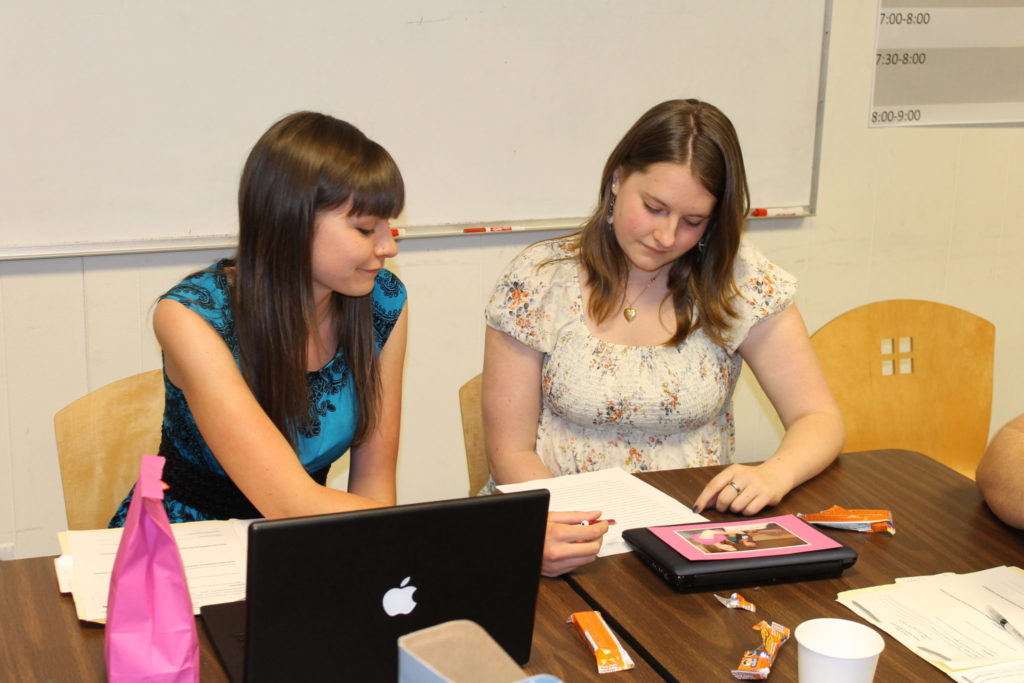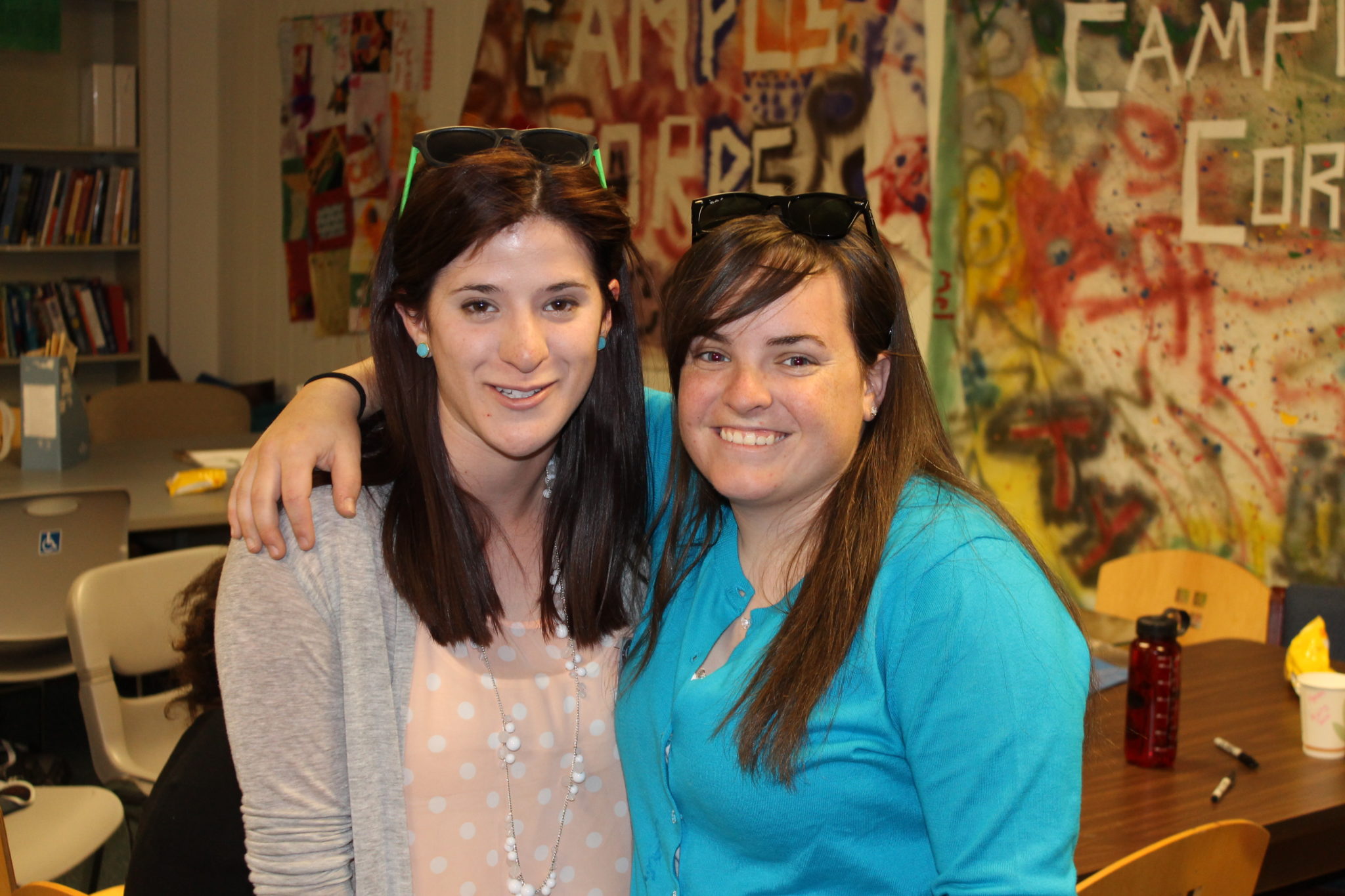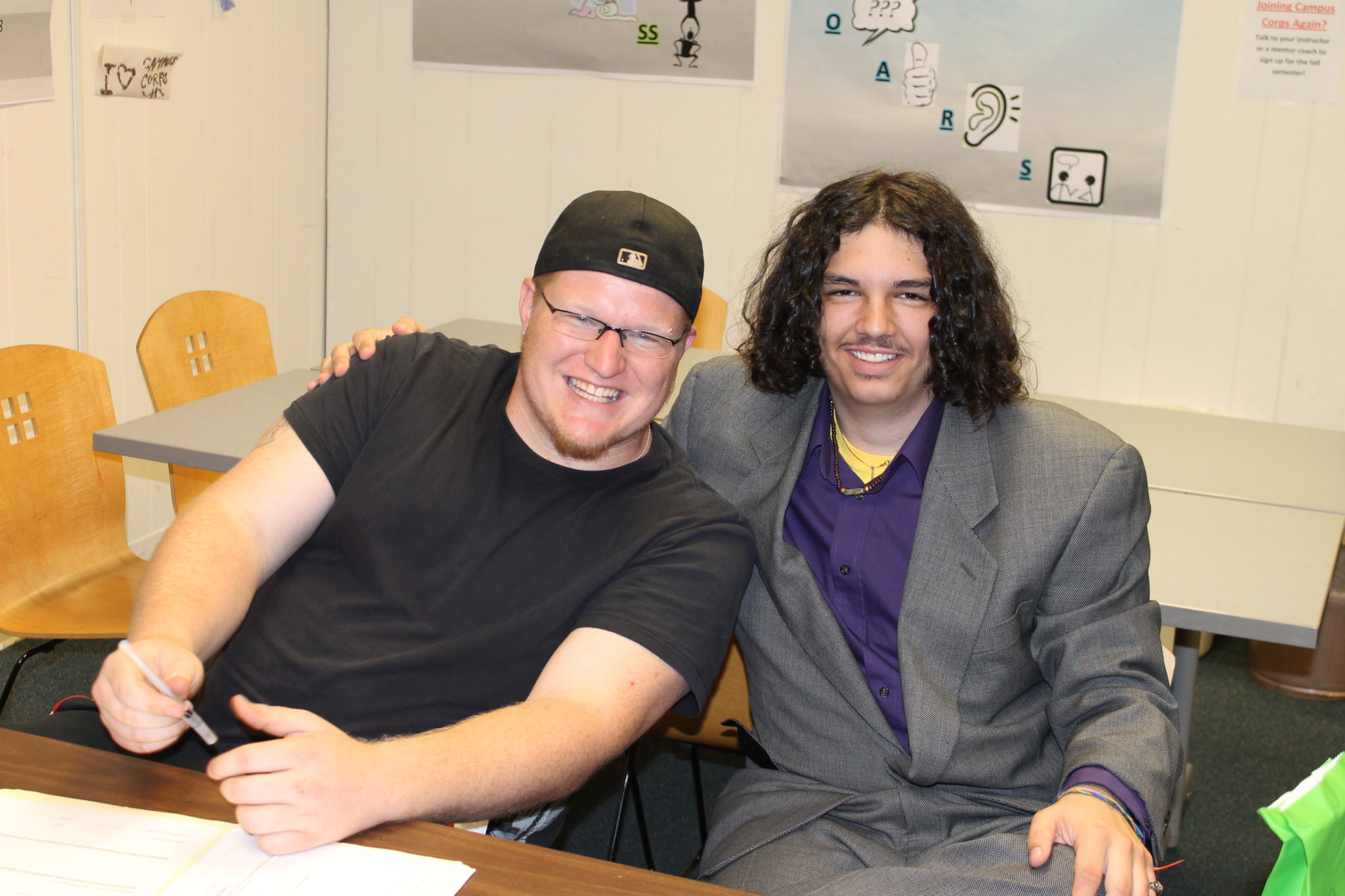Students, want to become a part of something bigger than yourself? The on-campus mentoring program for at-risk youth, Campus Connections, is still accepting applications for the Fall 2018 semester course HDFS 470A.

This three-credit service-learning course allows you to explore and develop unique leadership skills while getting a chance to mentor at-risk youth ages 11 to 18 years old. CSU students have described their experience in Campus Connections as life-changing and one of the most memorable experiences of their college career.
As a Campus Connections mentor, students gain experience working directly with a high-need population and make their resumes stand out. Outreach work of this nature gives students an important new skill set and professional work experience, while also allowing them to work directly with youth and their families.
 What is Campus Connections?
What is Campus Connections?
Campus Connections: Therapeutic Mentoring for At-Risk Youth is a multidisciplinary service-learning course offered through the Department of Human Development and Family Studies at CSU. The goal of Campus Connections is to strengthen youth life skills and self-confidence and to promote the resilience and life success of at-risk youth. Students enrolled in Campus Connections are paired with a youth aged 11-18 and provide one-on-one mentoring for 12 weeks.
The mentors who participate in Campus Connections come from more than 85 majors to mentor youth referred through the juvenile justice system, schools and community agencies. Campus Connections is offered on campus on four different nights (Monday, Tuesday, Wednesday or Thursday). Students who participate will choose one of the four nights to register for and attend lab. The sooner you submit your application, the more likely you are to get your first choice section.
How is it unique?
Campus Connections is a unique program because it has the structure and therapeutic staff to address the mental health and behavioral issues of youths beyond the scope of traditional mentorship programs. Throughout the semester, CSU students spend four hours (4-8 p.m.) providing both individual and group mentoring.
Youth participants attend lab one evening per week for four hours in order to receive support towards academic success and future-oriented goals, explore CSU’s campus, eat dinner and participate in pro-social activities with their CSU mentor and other youth participants. To prepare for and debrief the evening, CSU students arrive at the lab one hour before the youth arrive and stay one hour after the youth leave. The lab runs from 3 to 9 p.m. for CSU students. To learn more about Campus Connections, stop by Room 142 in the Gifford Building to speak with a Campus Connections representative and observe part of a lab night.


To learn more:
- Check out the website.
- Attend an informational meeting (required* of all applicants). All interested students must attend a mandatory informational meetings with the Campus Connections Recruitment Coordinators. Please email campusconnectionsrecruitment@gmail.com to schedule.
*Students must attend an informational meeting before applying and should not apply before attending.
- Those who are interested can also speak with a current Campus Connections mentor. Current CSU Campus Connections mentors are happy to answer any questions about becoming a mentor. If possible, contact a CSU student mentor who is currently enrolled in the program to find out more about their experiences working with the youth. To have one of the Campus Connections interns connect you with a current mentor, email campusconnectionsrecruitment@gmail.com.
Applications will be accepted as space permits. Please contact us at campusconnections@colostate.edu for more information.
Have more questions?
Email: campusconnectionsrecruitment@gmail.com
Office: (970) 492-4004
Location: Gifford Building, Room 142
The Department of Human Development and Family Studies is part of CSU’s College of Health and Human Sciences.